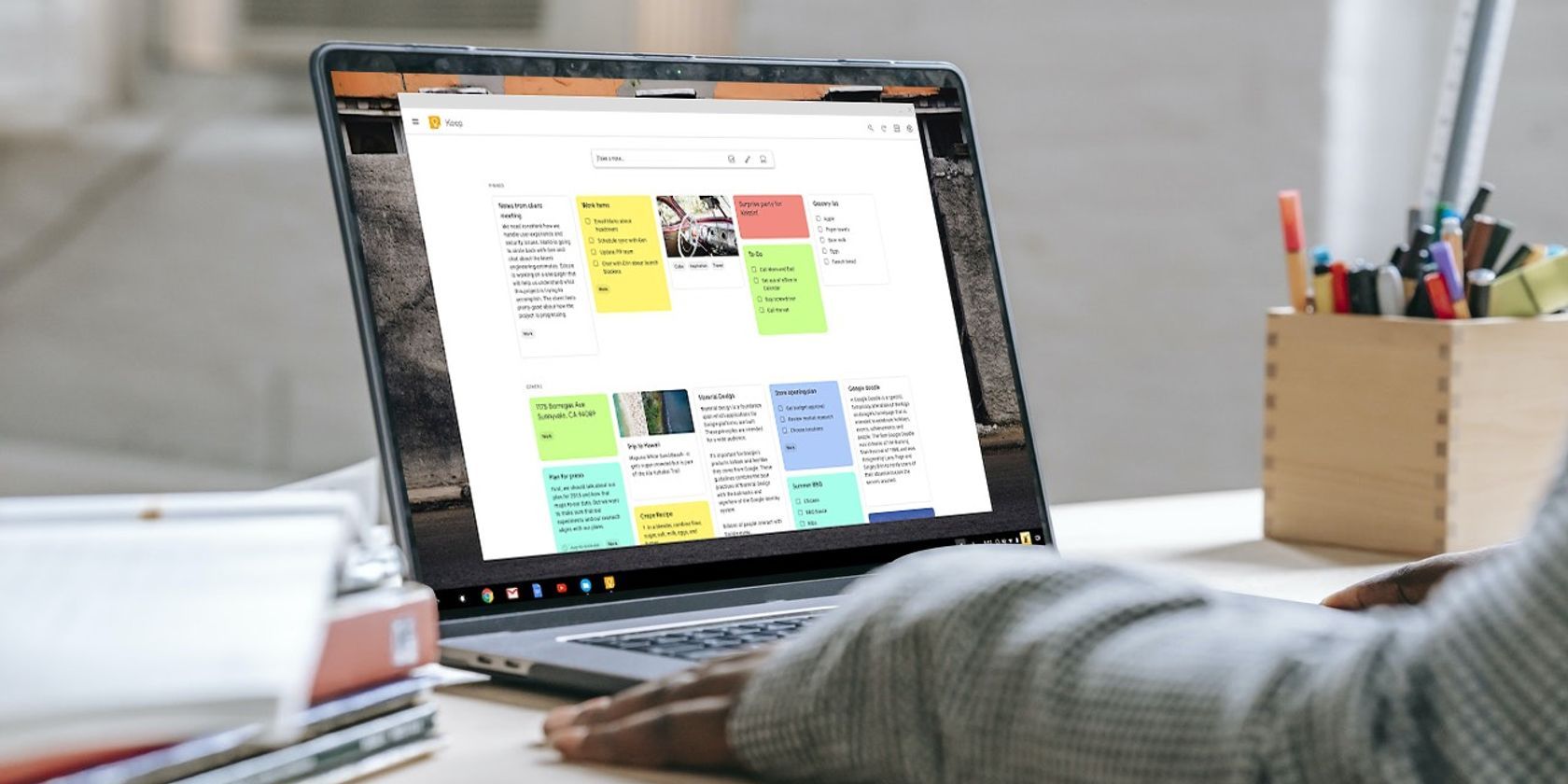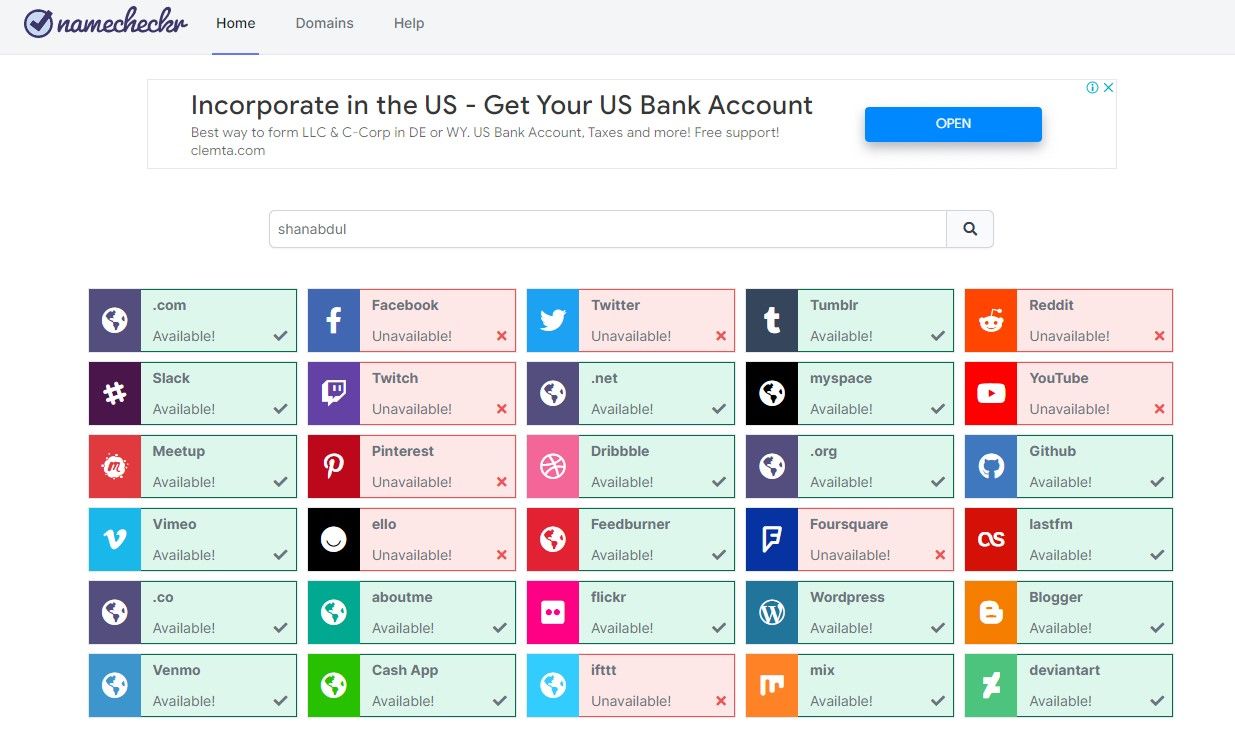Most of us aspire to start a blog at some point in our lives. Whether you want to use it as a personal diary, show off your hobbies or skills, or promote your business to billions around the globe, blogging has a lot to offer.
If you plan on starting a blog soon, there are a few things you need to do beforehand to avoid getting into trouble later. We’ll look at the most important things to keep in mind when starting a new blog.
1. List Down Your Goals for the Blog

Write down all your reasons for starting a blog before diving into the technical side of blogging. By listing your blogging goals beforehand, you will be able to direct your efforts in the right direction.
Your goals may include monetary gain, improving your writing skills, building a brand, expanding your network, or merely documenting your life.
Get a piece of paper or use any to-do list apps to jot down everything you hope to accomplish during your blogging journey.
2. Narrow Down Your Niche
A niche refers to the topic you’ll create your blog about in blogging. If your goals are to document your life or improve your writing skills, you can skip this step and go straight to choosing the right hosting platform.
However, choosing the right niche is crucial if you want your blog to rank in search engines.
Unless you’ve already determined what type of topics you’ll discuss on your blog, take a look at your educational background, expertise, and hobbies, and filter out those areas you think you’re strong in.
After filtering your choices, narrow them down to what you enjoy doing or writing about. After that, choose a topic that you enjoy yourself and have a passion for teaching others, which could potentially add value to other people’s lives.
If you choose the wrong niche, you may lose interest in writing and stop working on your blog after a short time. However, if you love to teach others about a particular topic you’re already good at, your passion will drive your efforts.
3. Analyze the Competition
Analyzing your competition will reveal how easy or difficult it is for you to rank in search engines for the topics you want to write about.
The best approach would be to use the most popular search engine (preferably Google) and look for the top-ranking pages on the topics you want to cover.
If the top-ranking pages cover those topics in-depth, it does not make sense to include those on your website, as the chances of ranking will be low, mainly if you are unfamiliar with SEO.
Thus, keep researching topics you intend to write about and keep filtering those topics on which either you cannot find an answer to your query or you think you can cover them better than the top-ranking pages have.
Watch the video above to learn how to find topics and analyze the competition. Once you have gathered more than fifty such topics, you are ready to look for the right hosting platform.
4. Choose the Right Hosting Platform
In the same way that storage devices save files on your computer, your blog requires some server space for storing content and related files to be accessible online. Consider it a room where your website lives, and hosting services provide you with the space.
Without getting too technical, choose one of the best web hosting providers under your budget, and you’re good to go. You can also host your website on different cloud storage services if you are on a tight budget, but this has many downsides.
5. Choose a Domain Name
A domain name is the name of your website with which others will refer to it. So, choose an easy domain name for your website that is also memorable and brandable.
Different domain name search tools can help you brainstorm domain names based on your input and help you pick the right one.
Once a domain name is finalized, the next step is to register it with one of the top domain name registrars. Additionally, you should check the availability of social media handles before registering your name, especially if you want to expand your brand on social media.

To check whether social media handles are available, go to namecheckr’s official website, enter your selected domain name, and click the search icon. The tool will notify you about the availability of social media handles for the same domain name.
Consequently, if the social media handles on the most common social media platforms have already been taken, you can try another domain name.
7. Plan Your Monetization Strategy
You should plan your monetization strategy before starting a blog unless you’re just going to document your life with no intention to make money out of it.
Whether you want to market products as an affiliate, generate leads for businesses, sell your products, services, courses, or consultations, or run advertisements, you have to decide this beforehand.
Making a plan will enable you to achieve your financial goals and allow you to change the direction of your blog by covering topics you can more easily monetize.
7. Have Some Basic SEO Knowledge
While you can hire an SEO expert to assist you on your blogging journey, it’s worthwhile to have some basic SEO knowledge to track search engine rankings and analyze your blog performance properly.
Furthermore, learning SEO will help you advance your blog to the next level and come in handy for some of the steps we covered earlier, such as niche research, analyzing competition, and choosing the right monetization strategy.
For those with no SEO knowledge at all, we recommend taking the following free SEO courses:
- Free SEO training: SEO for beginners by Yoast
- SEO Foundations by LinkedIn Learning
- SEO Training Course by Moz on Udemy
In addition, some well-known SEO blogs such as Backlinko, Search Engine Journal, and Ahrefs are good resources to learn search engine optimization from scratch.
Start Your Blog the Right Way
Be sure to follow all the steps described above and not skip any. If you get stuck at some point, it is worthwhile to hire a professional SEO expert to help you get started on your blogging journey.
In addition to the factors mentioned in the article, choosing the right blogging platform is also vital. While WordPress and Blogger are widely-used blogging platforms, Medium, Wix, and Joomla are equally easy to use. So you should use the one that works best for you.
Read Next
About The Author






